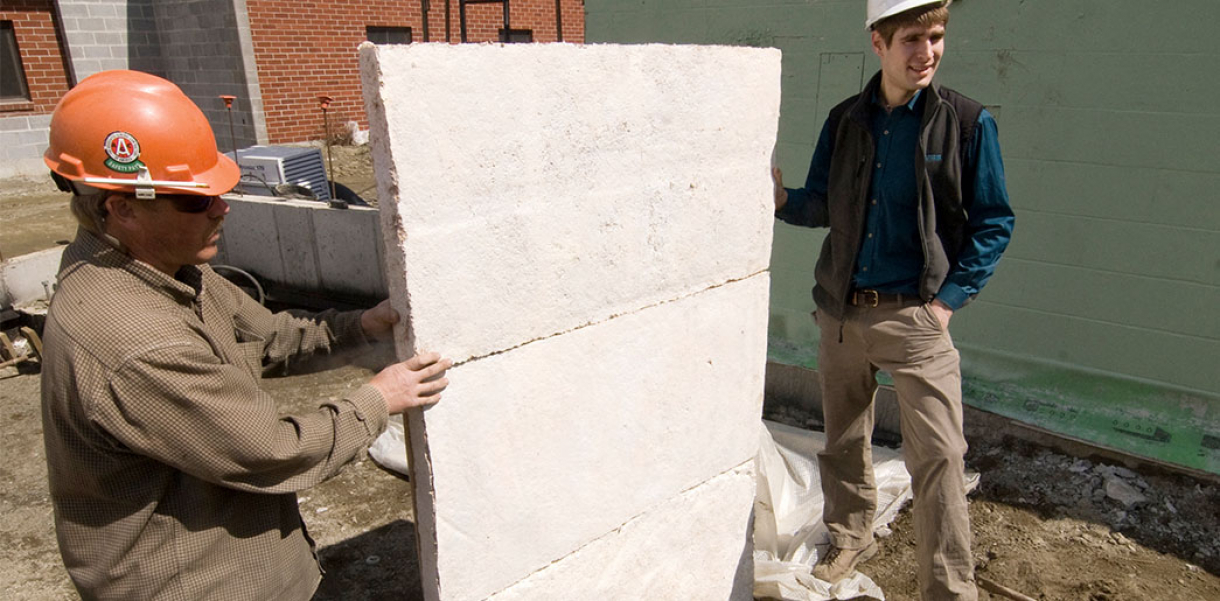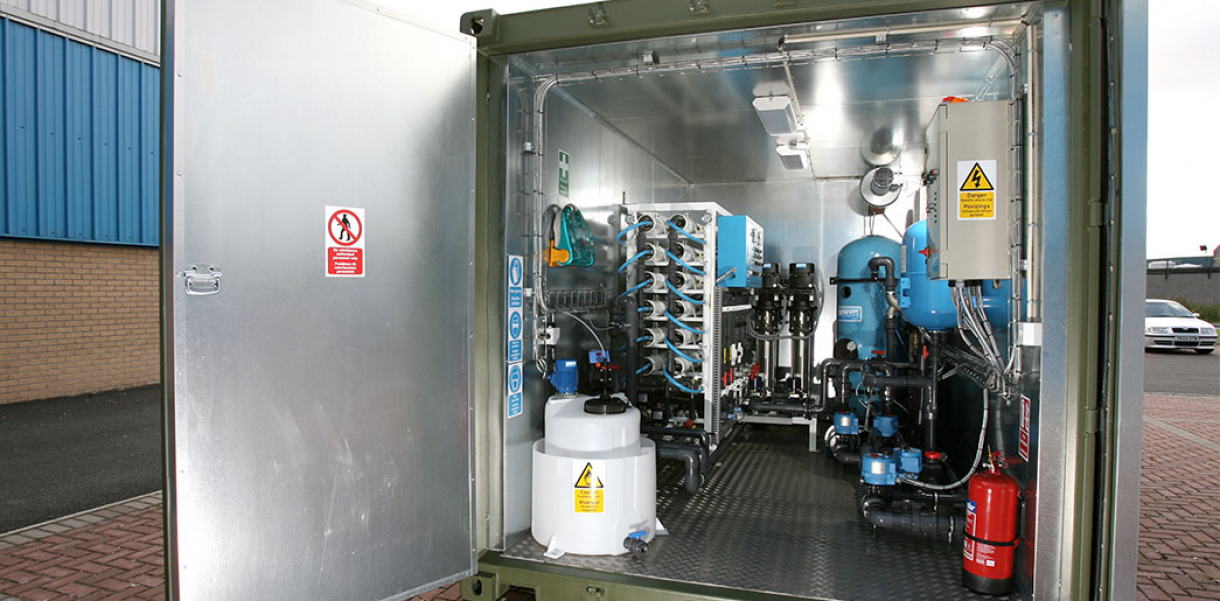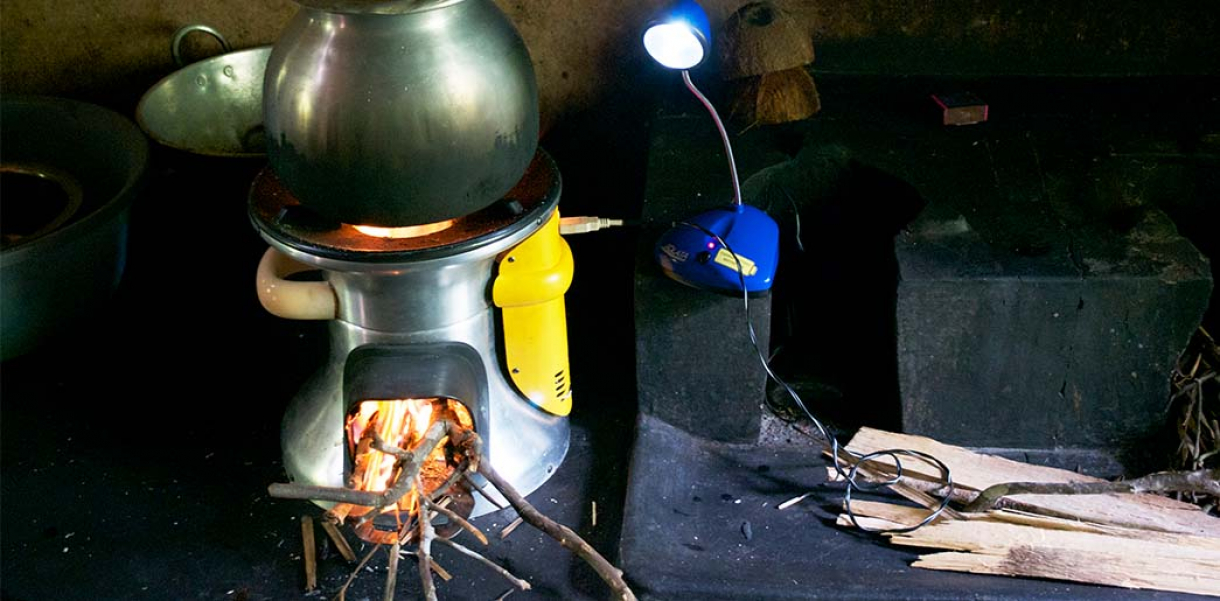Disposable plastics are the greatest source of plastic pollution. Every year, an estimated 6.5 billion kilos of trash, a majority of that being plastic, is dumped into the oceans. Even the straw for your soda or the plastic bag you buy at the mall for your groceries are small conveniences that remain forever, impacting people, animals and the environment. In fact, nearly every piece of plastic that has ever been made still exists today.
By relying heavily on petrochemicals for energy, fertilizer and materials, civilization is setting itself up for systemic collapse. MycoBond is developing viable material alternatives similar to Styrofoam that can out-compete on performance and cost. Styrofoam is often used for just a few weeks as packaging and then persists for thousands of years.
MycoBond is made from locally sourced agricultural by-products bonded together by mycelium (mushroom “roots”). This mycelium grows over the course of 5-10 days and acts as self-assembling living glue. Unlike petrochemical derived synthetics, MycoBond is renewable, has low embodied energy, is nontoxic and is home compostable. Different than some new bio-plastics, MycoBond can achieve a 100% biological yield using non-food crop remains. Kept dry and clean, it will last as long as wood. Exposed to soil biota and moisture, it will break down in a few weeks.
Designed by
Eben Bayer and Gavin McIntyre - United States of America




